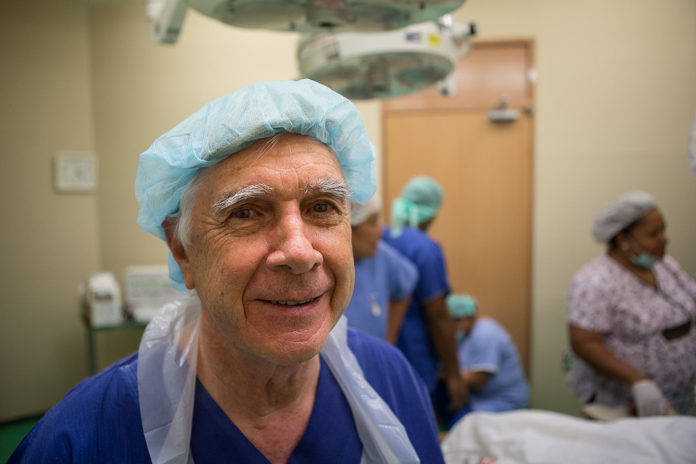
Research establishes a definite pattern of reducing mortality rate with increasing age of surgeon
Next time you are headed for surgery do not forget to check your surgeon’s age. Even if, in fact, more so if it’s an emergency surgery.
Patients undergoing emergency surgery who are treated by older surgeons (aged 60 or over) have lower death rates. A study published in The BMJ compared and correlated death rates with age of surgeon. While surgeons aged 60 or more had better surgery outcomes than those below 40, the gender of the surgeon did not seem to matter.
According to the researchers, had age not been a factor in quality of care, there would be one more survival for every 333 patients operated.
Despite strong interest in improving the quality of surgical care, the relationship between surgical characteristics – especially age and sex of surgeons – and patient outcomes is not well understood.
Patient mortality was 6.6% for surgeons aged less than 40, 6.5% for surgeons aged 40-49, 6.4% for surgeons aged 50-59, and 6.3% for surgeons aged 60 or over
So a research team led by Yusuke Tsugawa at UCLA in California, set out to investigate whether patient mortality differs based on age and sex of surgeons.
They looked at outcomes for 892,187 patients were treated by 45,826 surgeons with an overall operative mortality rate of 6.4% (56,803).
The researchers found that patient mortality was slightly lower for older surgeons than for younger surgeons within the same hospital (6.6% for surgeons aged less than 40, 6.5% for surgeons aged 40-49, 6.4% for surgeons aged 50-59, and 6.3% for surgeons aged 60 or over).
When they analysed the data by both surgeon age and sex, patient mortality declined with surgeon age for both male and female surgeons, with female surgeons in their 50s showing the lowest operative mortality across all groups.
The study concluded: “Our finding that younger surgeons have higher mortality suggests that more oversight and supervision early in a surgeon’s career may be useful and at least warrants further investigation. Equivalent outcomes between male and female surgeons suggest that patients undergoing surgery receive high-quality care irrespective of surgeon sex.”







